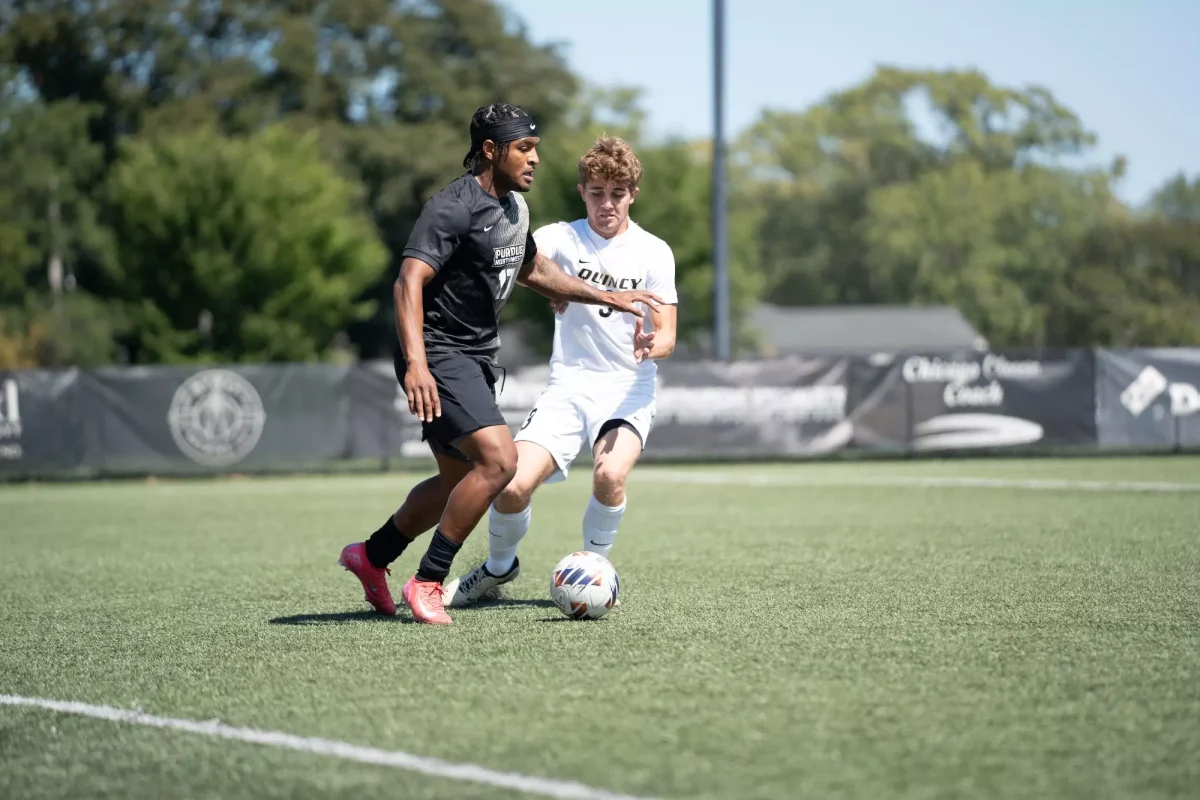The NCAA transfer portal is transforming athletics at PNW.
“It allows for opportunities recruiting nationally without the need to travel nationally,” said PNW Women’s basketball coach Jesse Ford.
The ability to recruit nationally means that PNW is attracting athletes from all across the country. Although located in Northwest Indiana, the school has student athletes from all over the world.
The transfer portal, introduced in 2018, has been called free-agency for college athletes. It allows student athletes to place their name in an online database declaring their desire to transfer from their schools. Other schools can then contact the athlete to explore their interest in visiting the campus and accepting a scholarship. In 2021, the NCAA relaxed eligibility rules, which enabled students to use the portal without sitting out a year of competition.
As a result, athletes no longer feel locked into a commitment to one university, leading to a more fluid and competitive recruitment process.
The portal has forced coaches to adjust to the reality that their rosters may change dramatically from year to year, and some programs rely heavily on transfers to fill key positions. This trend is particularly evident in high-profile sports like football and basketball, where instant-impact transfers can dramatically improve a team’s performance.
“Basketball has led me to places I never thought I would have gone before,” said senior women’s basketball guard, Nessa Walsh.
Originally from Chicago, Walsh’s journey started at the junior college level where she got exposure as a player. From there she committed to the University of Alaska Anchorage. She spent one year in Alaska before announcing she would enter the portal once again and soon after committed to PNW, where she spent her last season.
While the transfer portal provides athletes with more control, it also creates challenges for universities and coaches. With the uncertainty of roster composition, long-term team development has become harder. This leads to more competition within a team.
“Entering the transfer portal does not guarantee a new landing spot that is good for the student,” said Ford.
The transfer portal has transformed the college athletics system by giving athletes more power, but it has also introduced plenty of new complexities. Its long-term effects on the culture of college athletics will continue to evolve as it becomes an even more ingrained part of the college sports experience.



